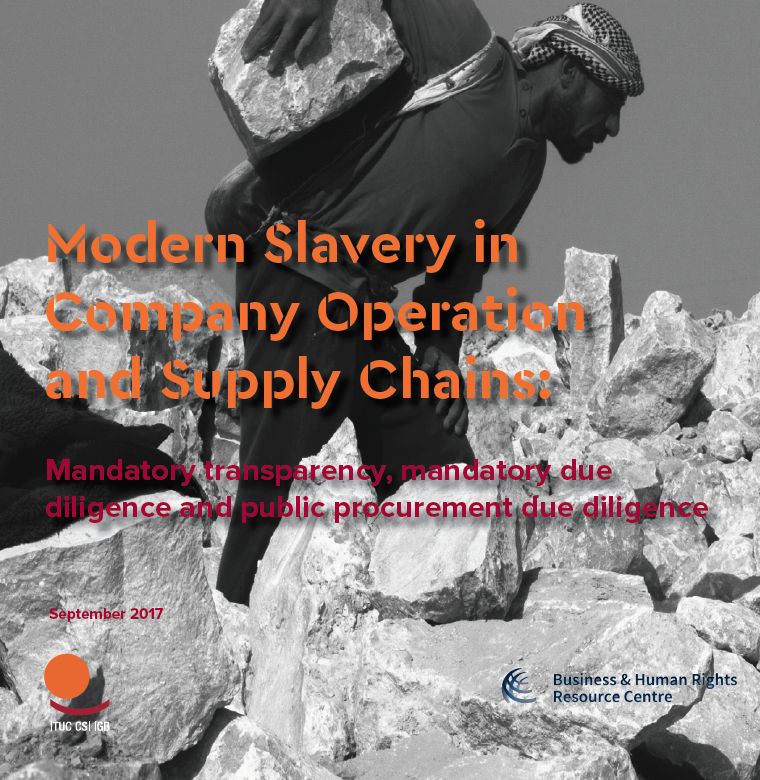The Dark Side of the Glittering World A report on exploitation in Toy Factories in China
PublicationsFrom the late 1970’s, China's economy has enjoyed 30 years of explosive growth. With its 1.4 billion inhabitants, it is now the world's largest economy. This economic miracle, now on everyone's lips, has lifted hundreds of millions of Chinese out ...Read More

